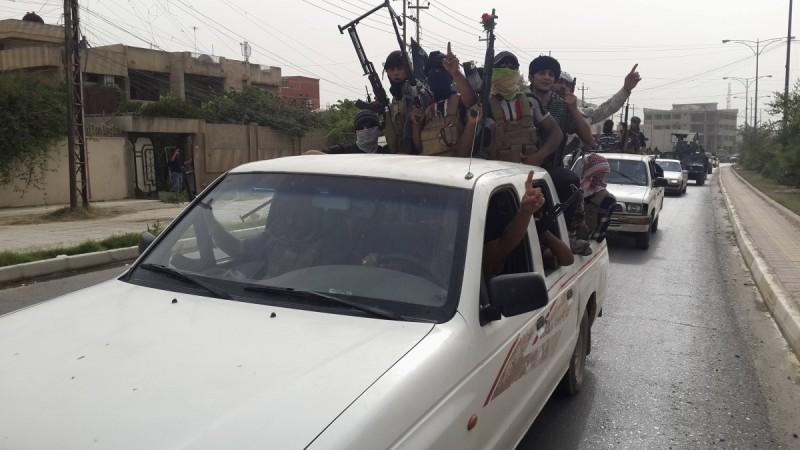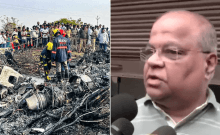
Islamic militants who seized cities and towns in Iraq are marching towards Baghdad in what could to be a final attempt to bring the country under their control - an event that has triggered a strong reaction from the United States, which has not ruled out any measure, including airstrikes, to aid the country's army in defeating the notorious jihadists.
This comes after the Islamic State in Iraq and the Levant (ISIL) seized Mosul, the second largest Iraqi city, and two news towns this week.
The Sunni-led Islamists, who have been staging sectarian violence in both sides of the Iraqi and Syrian border for years, advanced to Saadiya and Jalawla in the Diyala province and surrounding areas as security forces abandoned their posts, and people started to flee in panic, the BBC reported.
Three years after the US and other coalitions withdrew their forces from Iraq, the army of the Shiite-led government collapsed at the hands of the insurgents as they continue to seize power in major cities across the nation.
The US has stated that it is looking at "all options", including military action, to help the war-torn country fight the insurgency as they have threatened to push to the capital Baghdad and regions further south, which is dominated by Iraq's Shia Muslim majority, known to the Sunnis as "infidels".
Washington is still contemplating on how to respond to the advances made by the breakaway al-Qaeda group, which now seems to pose the biggest threat to Prime Minister Nouri al-Maliki's government. He was unable, for example, to get his Parliament decide on a state of emergency, which could have given him unreserved power to tackle the militants - signaling the weakening position of his government.
"I don't rule out anything because we do have a stake in making sure that these jihadists are not getting a permanent foothold in either Iraq, or Syria, for that matter," Obama said, after a meeting with Australian Prime Minister Tony Abbott at the White House.
White House spokesman Jay Caney clarified later that President Obama was not ruling out even air strikes. "We are not contemplating ground troops," he stressed.
As the militants seized large swaths of northern Iraq, hundreds of men, woman and children reportedly fleed their homes, fearing clashes, kidnaps and rape. Over half a million people have already fled their homes since Monday, according to a UN estimate.
On the morning of 7 June, heavy firing started between the militants and the Iraqi Security Forces (ISF), resulting in casualties. On 9 June, the ISF left the city, allowing the ISIL groups to take control of the town, including government buildings, Mosul international airport and all police and military bases. They overran the army of Mosul and took full control of the city.










